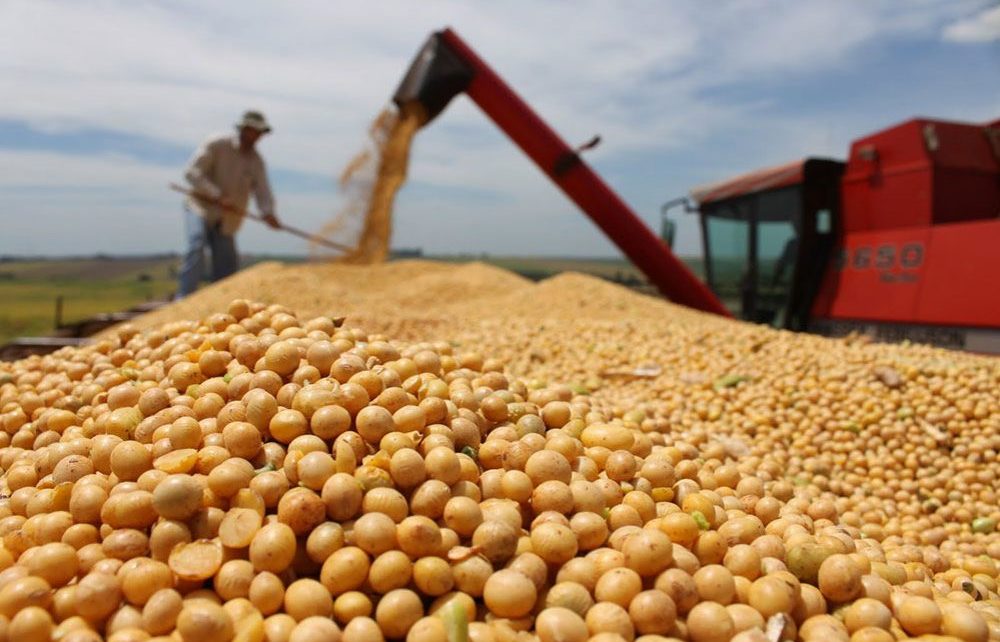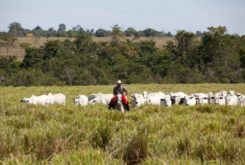A new deal to facilitate Brazilian agro exports to China is being seen as experts in Brazil as ‘the largest process of opening up in the last 10 years’ by the Asian country´s market.
Agricultural engineer Helen Jacintho said that, under the new deal, China opens the market for important products such as soybean meal (an old demand in the sector), concentrated soy protein, corn, peanuts, and citrus pulp.
“Excellent news, which consolidates our position as a reliable global food producer”, Jacintho wrote in Forbes magazine.
According to Ricardo Arioli, agronomist, president of the National Cereals, Fibers and Oilseeds Commission of the CNA (Confederation of Agriculture and Livestock of Brazil) it was a joint negotiation of products that is of great interest to Brazil in terms of production capacity and export, prioritizing second-crop products, such as corn, sorghum and sesame.
In a meeting between representatives of the Ministry of Agriculture of China and the Ministry of Agriculture of Brazil, agreed protocols were presented, aiming at reducing bureaucracy in the inspection procedures of industries and shipments of Brazilian products.
The forecast was that shipments to China would only be released in 2023, with an agreement regarding the sanitary protocol: instead of sending teams to check the production units, the Chinese authorized technicians from Mapa (Ministry Agriculture, Livestock and Supply) to carry out these inspections, greatly facilitating the process for both sides.
In 2021, Brazil exported USD 41 billion to China, or 34% of its total agro sales. Brazil is the largest supplier of agro products to China, responsible for approximately 20% of everything the Asian country imports.
According to Lígia Dutra, director of International Relations at CNA, for Brazilian agriculture to be more competitive in the international market, the country needs to seek new trade agreements and diversify its export agenda. According to Dutra, Brazil is a major exporter of agricultural products , but has little access to markets.
“Without trade agreements, we ended up concentrating our export agenda on commodities, failing to take advantage of other opportunities in the international market that could benefit products with higher added value”, Dutra said.
“In order to protect our country from the bad weather of international trade, we need to sign new trade agreements to add value to exports. Trade agreements open our country to opportunities, helping to consolidate paths, guaranteeing stability and confidence for the rural producer, thus avoiding situations such as the closing of markets, plants and other types of friction”, Jacintho said.




